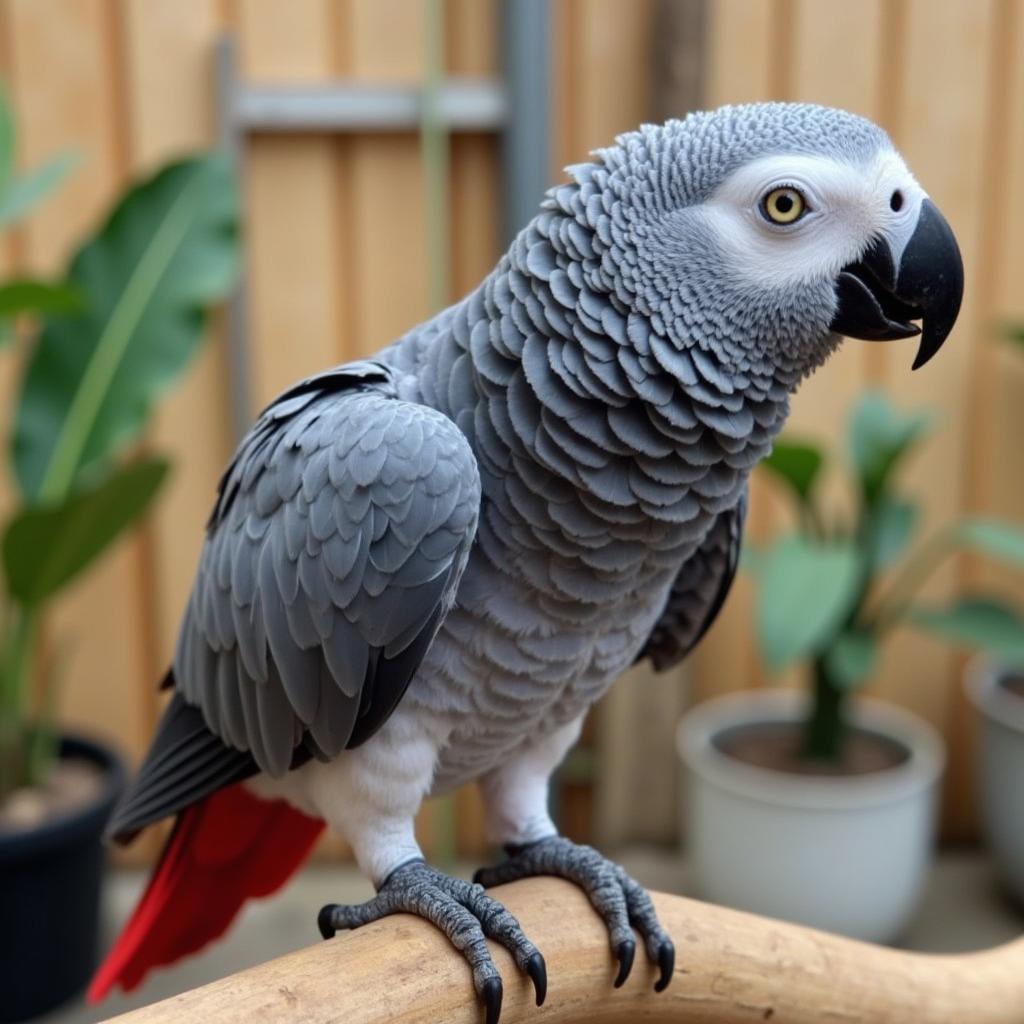African Hunting Dog Crossword Clue: Unpacking the Mystery
“African hunting dog” – a familiar phrase for crossword enthusiasts, often appearing as a clue for the four-letter answer “LYCAON.” But this seemingly simple clue hides a world of fascinating facts about one of Africa’s most endangered and misunderstood creatures. This article delves deeper than the crossword puzzle, exploring the captivating world of the African wild dog, also known as the painted dog or Cape hunting dog.
Beyond the Crossword: Unveiling the African Wild Dog
The African wild dog (Lycaon pictus) stands out with its striking, irregular coat pattern of black, yellow, and white patches—no two dogs have the same markings. Native to the savannas, open woodlands, and mountainous regions of sub-Saharan Africa, these highly social animals live in packs governed by a unique dominance hierarchy.
Masters of the Chase: African Wild Dog Hunting Strategies
Few can match the African wild dog’s hunting prowess. Unlike many predators that rely on stealth, these dogs use a chase-and-tire strategy. They communicate through a complex system of whistles, chirps, and calls to coordinate their efforts. Their success rate is astounding, with an estimated 80% of hunts ending in a kill, making them one of Africa’s most efficient predators.
Social Complexity: More Than Just a Pack
African wild dogs challenge the conventional image of alpha dominance. Their packs, often comprising 20 or more individuals, operate on a more democratic system. Both males and females hold dominant positions, and breeding rights are not solely determined by rank. Pups are given priority access to food, ensuring the survival of the next generation.
Conservation Crossroads: The Fight for Survival
Sadly, these remarkable creatures face an uncertain future. Habitat fragmentation, disease outbreaks, and human-wildlife conflict have decimated their numbers. Once widespread across Africa, fewer than 6,600 individuals remain in the wild.
“Protecting the African wild dog is not just about saving a species; it’s about preserving the ecological integrity of Africa’s landscapes,” emphasizes Dr. Sarah Durant, a leading expert on African wild dog conservation. “Their presence indicates a healthy ecosystem, benefiting countless other species.”
Hope on the Horizon: Conservation Efforts
Despite the challenges, dedicated individuals and organizations are working tirelessly to protect the African wild dog. Community-based conservation programs, anti-poaching initiatives, and research projects are striving to secure a future for these remarkable creatures.
The next time you encounter “African hunting dog” in a crossword puzzle, remember that the answer, “LYCAON,” represents much more than just four letters. It symbolizes a unique and endangered species fighting for survival.


